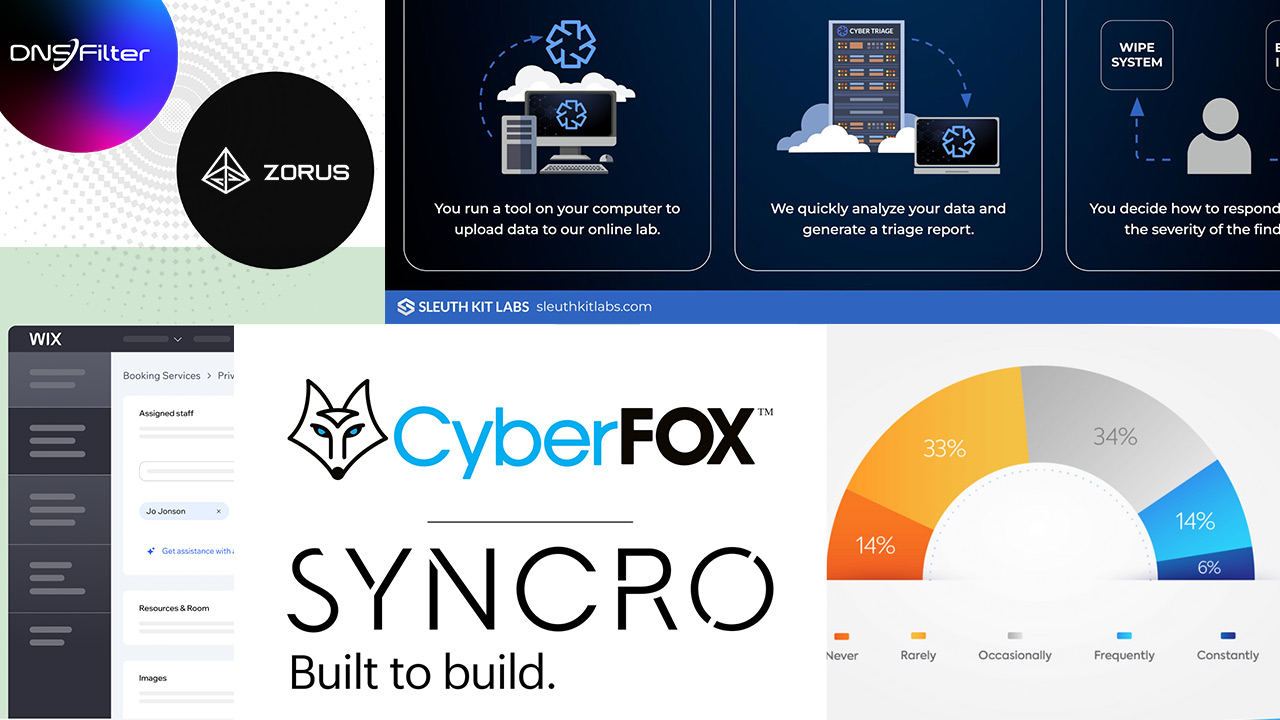The significant impact of generative artificial intelligence (genAI) on technology vendors and the customers they serve is undeniable. Nearly every vendor is surfing the AI wave, leaving many service organizations and customers fearful of missing out — or worse, catching the wrong wave.
As the volume and velocity of AI technology accelerates, pragmatic IT leaders should adopt a look-before-you-leap stance for delivering support and services for software.
The potential impact of genAI on service delivery was illustrated in several cases, including Salesforce’s rollout of its Einstein Copilot AI assistant and integration of its Einstein 1 AI platform into Salesforce Data Cloud. Also following the trend is ServiceNow generative AI capabilities announcement across its service management, customer service management, and HR service delivery offerings.
The platforms many of us use daily from big vendors like Microsoft, Salesforce, and ServiceNow are claiming to be the right pathway to an AI-enabled future.
Since there’s still no clear consensus on where this is taking us, before transforming your processes, consider these facts:
- The industry is hotly debating whether AI technology should be based on open or closed models, or if vendors should be heavily regulated or free to innovate.
- The “hallucinations” of genAI chatbots raise concerns that you could deploy something that would just make up things for your customers while appearing to originate from your service team.
- There are more questions than answers on how vendors are going to uphold customer governance priorities.
Do No Harm
It’s clear that if genAI is done right, it can enable dramatic advancements for software in general and the overall customer support industry. But we are still in the early days, and best practices for AI adoption need to quickly evolve.

Craig Mackereth
Many of the first broadly deployed genAI solutions appear to be aimed at deflecting customers away from human interactions, engaging instead with data in online communities and knowledge bases. That may lower costs at the expense of customer loyalty.
In this context, many clients are eager to see how genAI can help them better exploit their ERP (enterprise resource planning) solutions. Most businesses want to decrease IT costs, especially ERP costs.
However, challenges arise when vendors seemingly are raising prices and providing new AI-driven products that may not directly address the needs of their customers’ enterprise.
Take for example, client communications. In the software space, creating support tickets, analyzing queries, setting urgency levels for those requests, and providing rapid responses are major endeavors. AI is a key asset for building faster internal processes that provide value to the client experience. However, in many cases, this is used to minimize the interaction, leaving organizations frustrated with no responses to their issues.
ERP vendors have been vocal about their investments in genAI, but it’s unlikely that they will prioritize freeing customers of the burdens of upgrades, migrations, or faster resolution to their challenges. Leaders must investigate how their vendors’ solutions and processes will further or hinder their business objectives.
How to Smartly Hedge Your Bets
Now is not the time to place all your genAI bets on a single vendor. Adopting multiple solutions will spread the risk of betting on the wrong vendor.
Customers need to experiment with a common-sense mindset. Similar to how cloud services evolved and pitfalls happened with organizations uploading client data or their own IP to clouds they often had no ownership or control; you cannot just assume your data will be treated with confidentiality. Don’t make the same mistakes when it comes to genAI.
GenAI likely is the leading edge of the most transformational technology wave of our lifetimes. It should enable better internal processes, improve how your people work, and help them better engage your customers.
Done wrong, it could make your customers believe they no longer have a human connection to engage with. Still worse, it could bypass your governance safeguards and break the trust relationship you have worked tirelessly to foster.
The surest approach is to look beyond the hype and avoid getting locked into a single vendor’s approach.
Craig Mackereth is executive vice president of global service delivery at Rimini Street, the market leader in third-party enterprise software support services. The company first deployed award-winning solutions using AI in 2019.
Image: iStock













